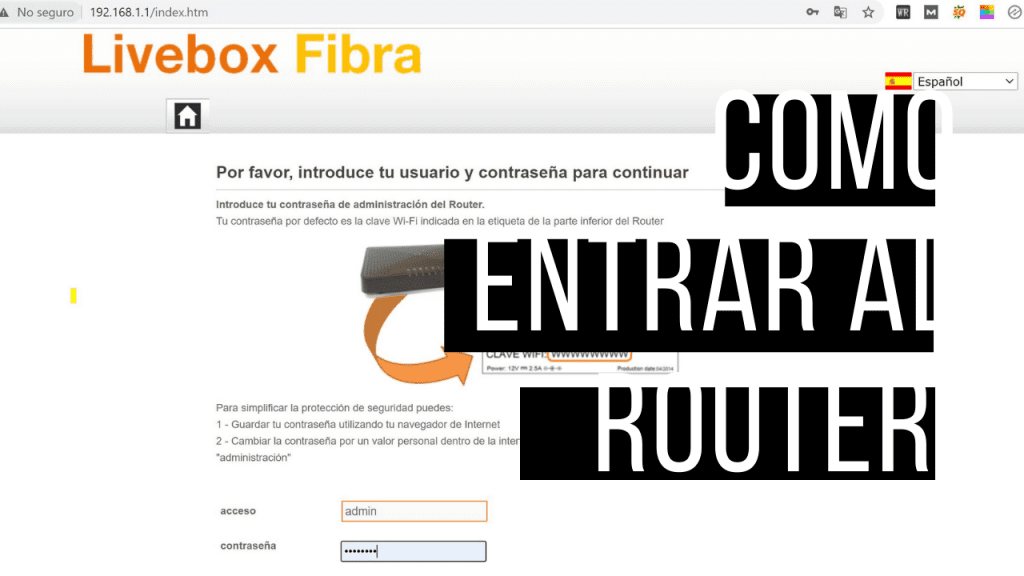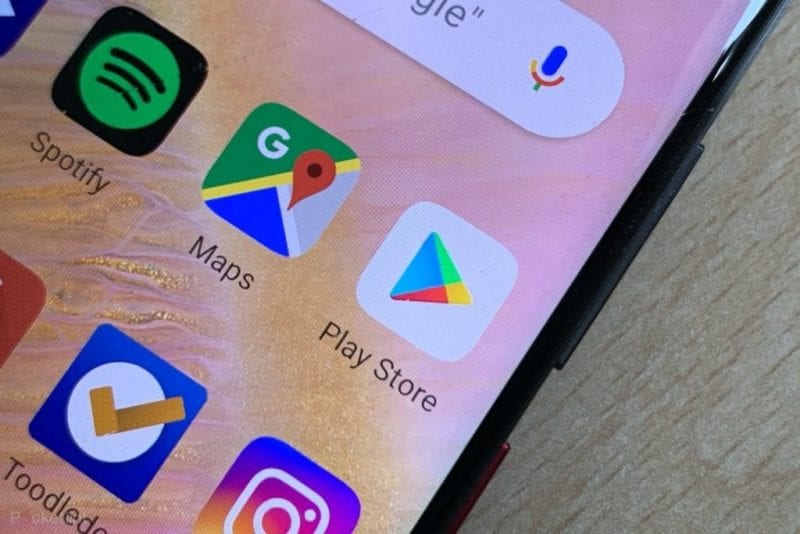In recent months there has been an increase in Teleworking (not to mention the growth in recent years of IoT, Big Data that use the network to function), which has exposed the need to protect all the data we use daily Where do we leave the budgets? And the customer and/or partner database? The bank account numbers of the company and/or suppliers? All that information that is related to our functions but that can be extracted simply by visiting a website.
Use a Free VPN with Surfshark It would be a safe option for the same. Here we will tell you why and what could be a good option to start protecting your privacy and that of your company on the web.
What is considered sensitive data?
If your company or you (for example) manage identification data such as names, addresses, telephone numbers, emails; either patrimonial such as bank account numbers; issues relating to the health or that may allow a person to be identified, you should be extremely careful when working with them on the web. Why? because they could be intercepted to be used for different purposes (from commercial to criminal).
Many hackers focus their activity on stealing data from companies (regardless of their size) and spying on them to carry out cyberattacks.
How to protect them?
There are some easy management points to protect your data:
- Do not enter public WIFIs. Instead, using the company's private networks that are duly authenticated.
- Change the passwords you use on the web every three months.
- Use data encryption.
There is also a solution that encompasses all these points: using a VPN.This is the most effective way to protect your data, why? because it hides your IP number (it “disguises” it so that no one can access it), encrypts data, blocks trackers and allows you to keep your privacy and data safe.
What does a VPN do and how do you choose one?
VPNs provide a connection between different servers by redirecting your traffic and hiding your real IP address with one of their servers, thus blocking anything that wants to intercept your connection.
There may be many options and proposals, but you must keep in mind that the VPN service you choose: protects your identity (by hiding your IP), has a good connection speed, has malware and phishing blocking, encrypts data end-to-end, end, and that it has a cut-off switch (in case something happens to the connection and you are not exposed).

Expert in SEO/SEM and communication on social networks.
CEO at tecnologia.net and passionate about everything related to technological progress






